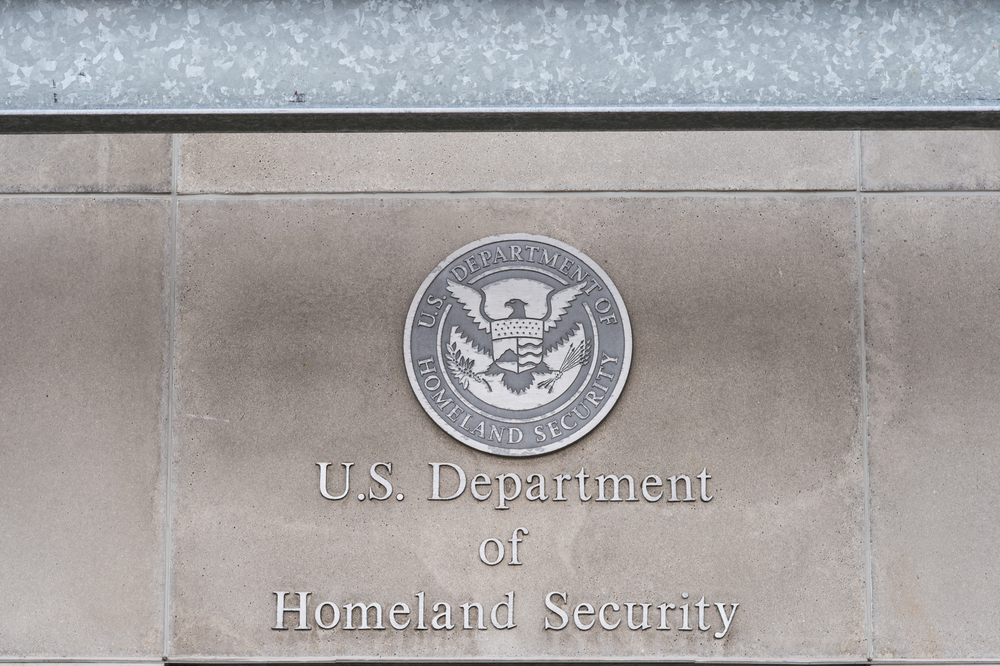
A bill that reauthorizes the U.S. Department of Homeland Security (DHS) and its agencies for the first time since its inception in 2002 recently advanced the U.S. House of Representatives in a bipartisan vote of 386-41.
The legislation’s introduction stems from a memorandum of understanding signed by eight different House committees and Speaker of the House U.S. Rep Paul Ryan (R-WI) in January that supported a reauthorization of DHS headquarters as well as its components on a regular basis.
“The threats we face have evolved in the past 15 years, and we must not only keep up with the evolution of the threats, we need to stay in front of them,” U.S. Rep. Michael McCaul (R-TX), chairman of the House Homeland Security Committee, said. “The American people deserve the strongest possible and most efficient Department of Homeland Security, and this legislation will help provide just that.”
The bill, in large part, deals with a significant reorganization in the way the department selects its leaders and how they operate. Specifically, it removes the DHS Secretary’s ability to appoint assistant secretaries without Congressional approval and requires the U.S. Secret Service Director to be confirmed by the Senate.
The legislation also reestablishes a five-year term for the Transportation Security Administration (TSA) Administrator and requires that administrator to develop a plan to reduce the number of senior executive service positions by approximately 20 percent.
While some senior executives within the department will see their responsibilities phased out, the reauthorization bolsters the roles of the Under Secretary for Management and Chief Information Officer in order to increase efficiencies within their respective agencies.
For first responders and related personnel, the bill appropriates funding to include training and equipment to counter evolving terrorist threats, ensures state and local fusion centers receive timely information on cybersecurity threats, and maintains support for state and local law enforcement presence at the nation’s airports.
For public safety initiatives, it requires DHS to consider the impact of emerging technologies for interoperable communications for first responders and reauthorizes the National Domestic Preparedness Consortium, which has trained more than 2.6 million domestic public safety personnel in its history.
In order to address the evolving threat of terrorism, the bill strengthens the department’s ability to deny terrorists, human smugglers, and traffickers entry into the United States by codifying U.S. Immigration and Customs Enforcement (ICE) and U.S. Citizenship and Immigration Services (USCIS). It will also prioritize investigations of cross-border crime to include immigration document fraud, money laundering, bulk cash smuggling, cybercrimes, and human trafficking.
The act also improves airport access controls, employee vetting, perimeter security, and insider threat detection efforts and expands the use of explosives-detecting K-9 teams.
“The threats we face have evolved in the past 15 years, and we must not only keep up with the evolution of the threats, we need to stay in front of them,” U.S. Rep. Michael McCaul (R-TX), chairman of the House Homeland Security Committee, said. “The American people deserve the strongest possible and most efficient Department of Homeland Security, and this legislation will help provide just that.”
“Today’s reauthorization of the department is a major bipartisan accomplishment and an example of what Congress can achieve when we put the safety and security of our country ahead of partisan politics,” McCaul said.




